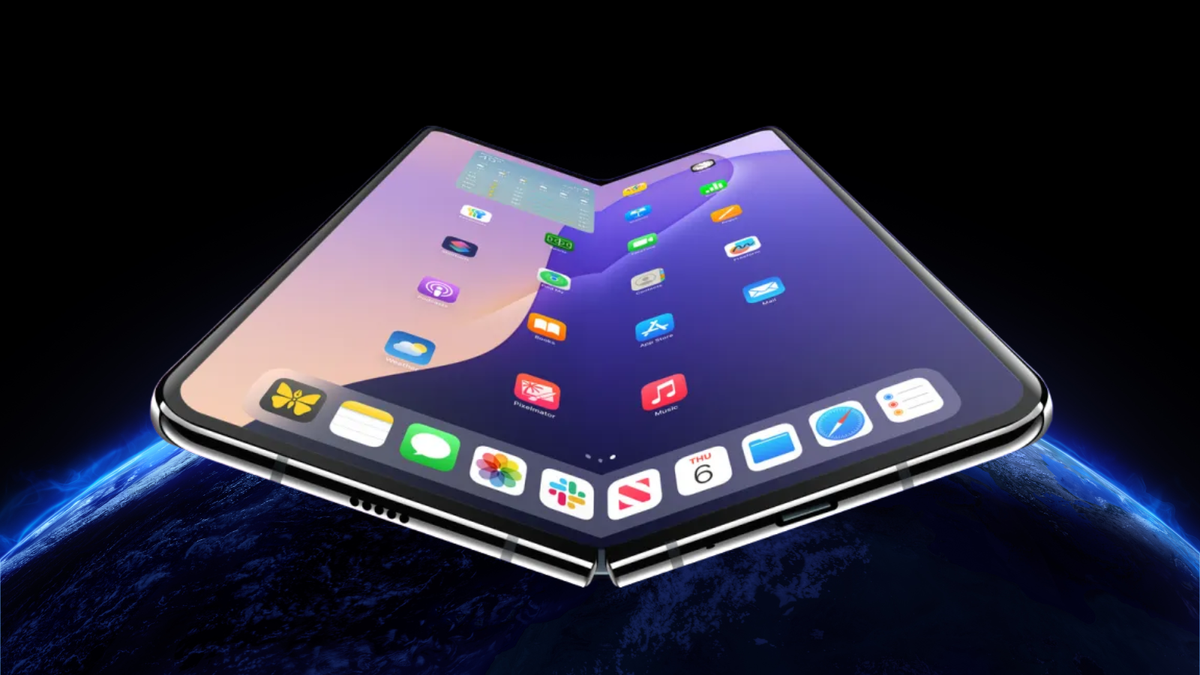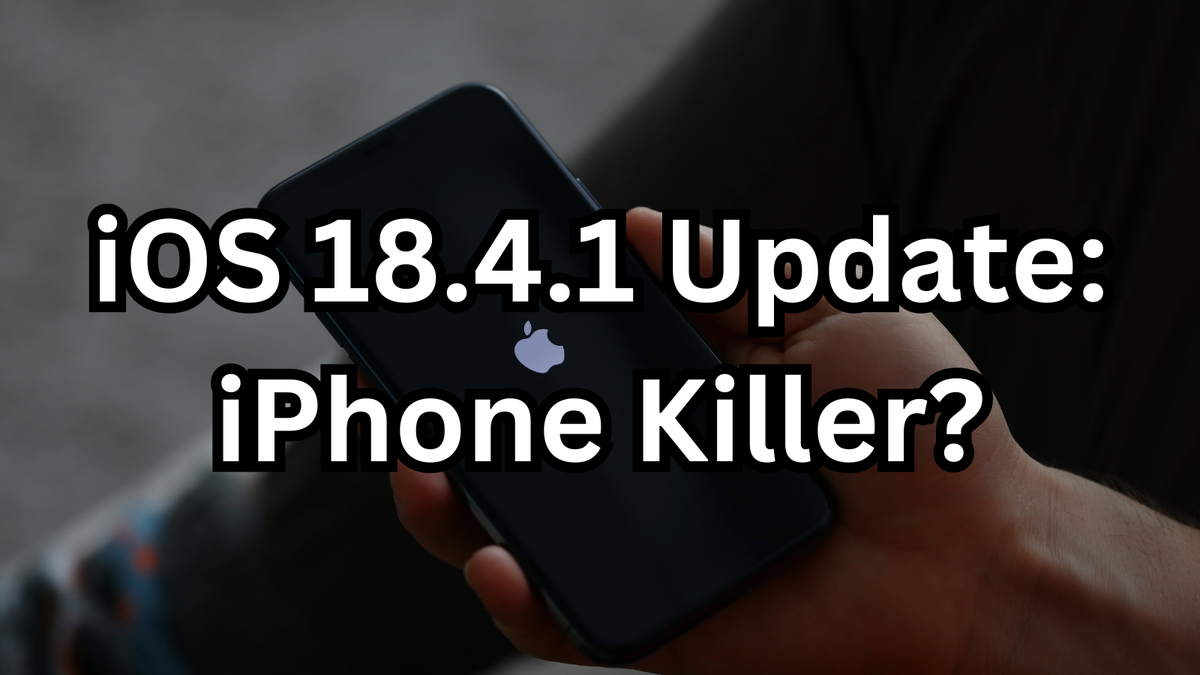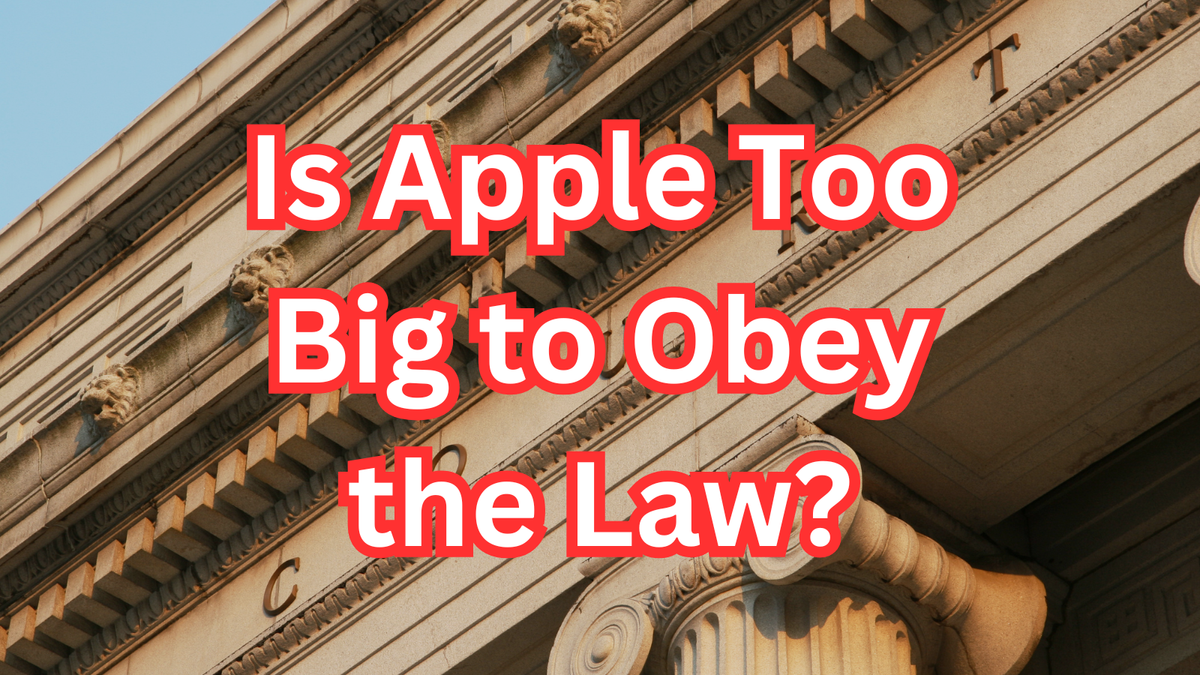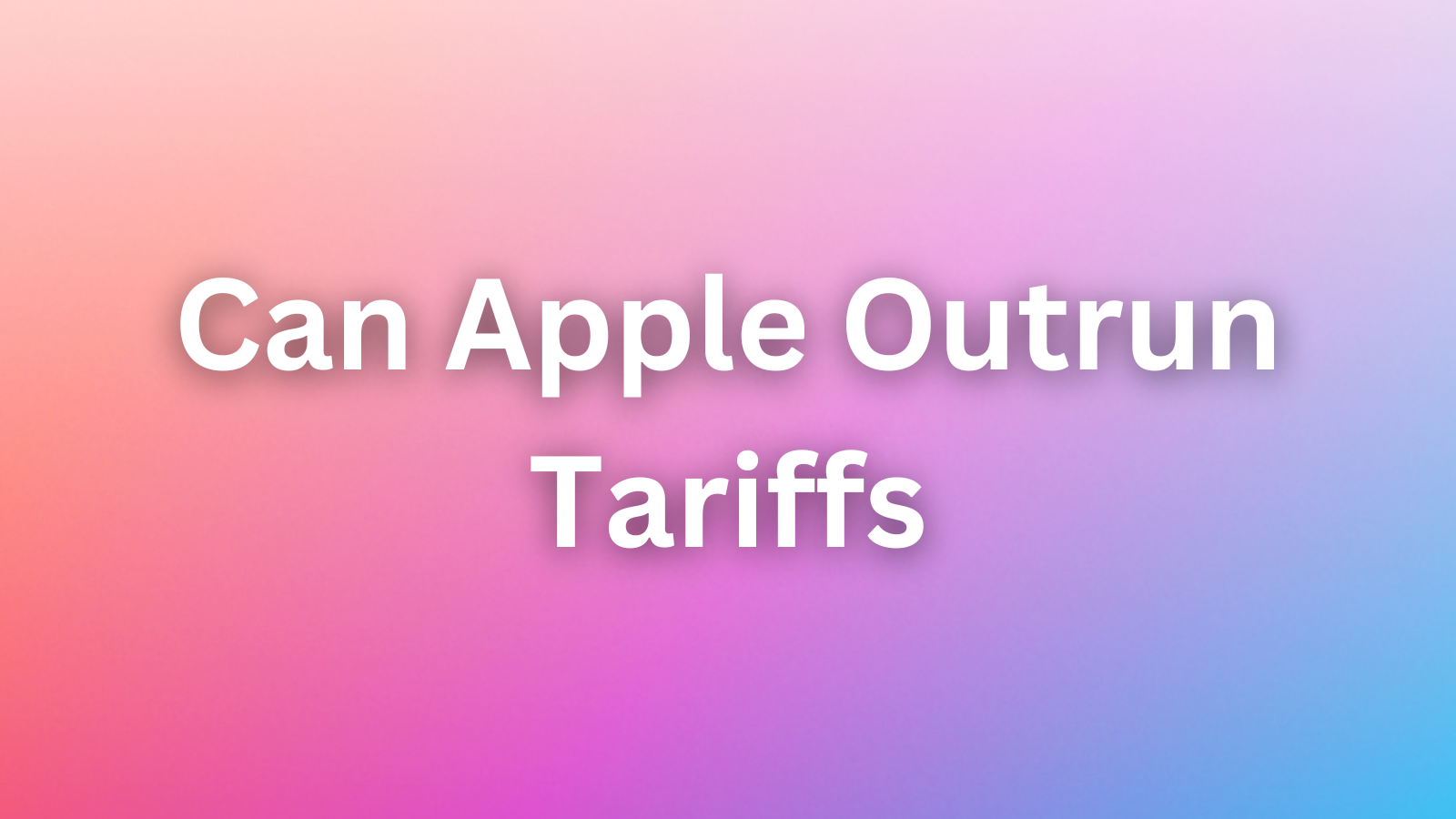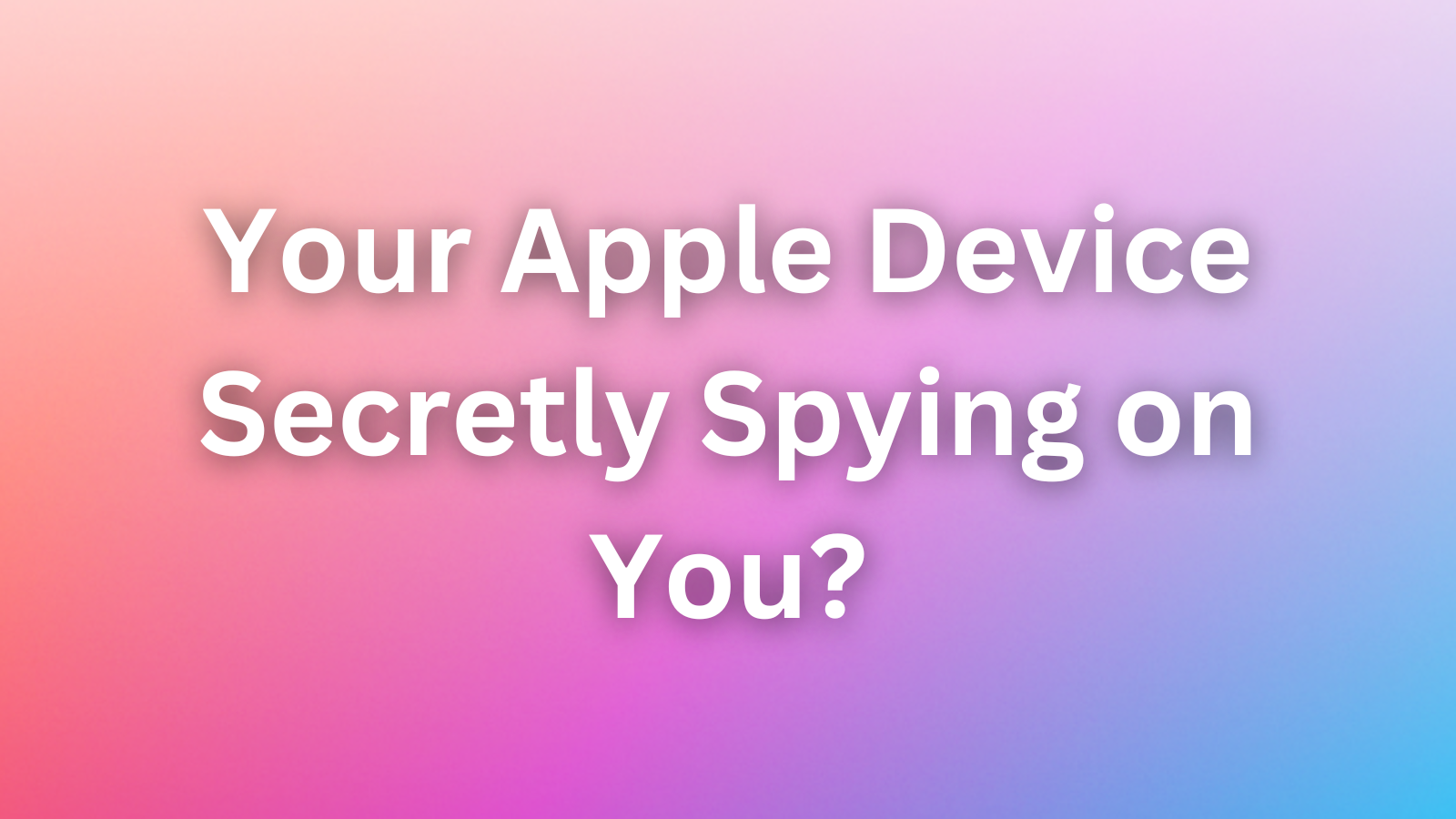Is Apple Crossing the Privacy Line to Save Siri?
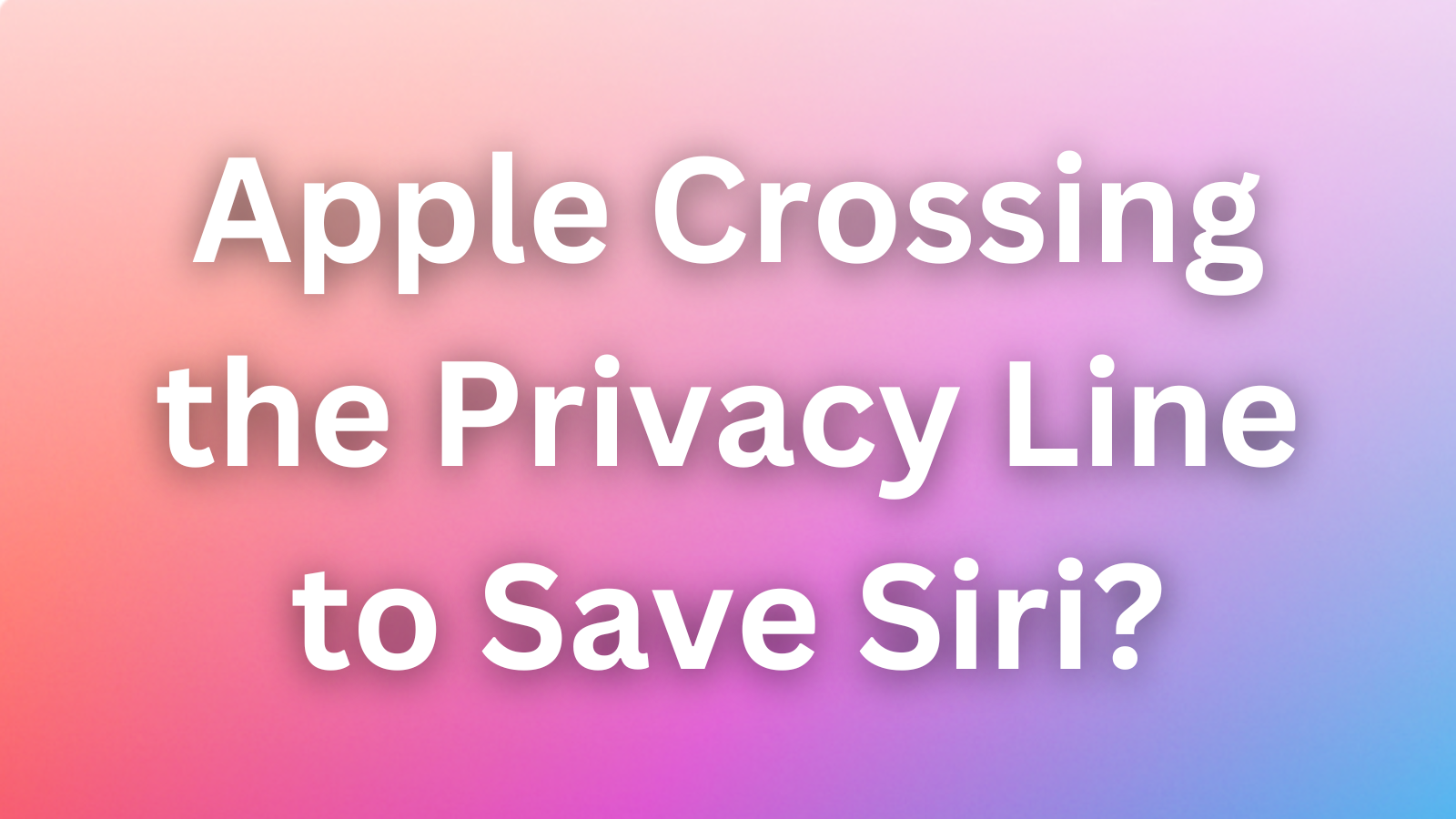
Apple’s AI Dilemma: Privacy vs. Progress
Apple’s making a risky bet to revive its struggling AI ambitions. After years of relying on synthetic data to train its large language models (LLMs), the company now plans to analyze real user data—but with a privacy twist. The move comes as Apple Intelligence, its AI platform, faces criticism for lagging behind rivals like Google’s Gemini and Samsung’s Galaxy AI. Can Apple balance innovation with its famed commitment to privacy? Let’s dive in.
🚨 The Problem: Siri’s ‘Ugly’ Stumble
Apple’s AI struggles are deeper than most realize. Here’s why the pressure is on:
- 💔 Synthetic Data Shortcomings: Apple admits its AI models trained on artificial data produce ‘stiff, unnatural’ outputs, especially for features like message summaries and writing tools.
- 📉 Siri’s Freefall: Once a leader, Siri now trails Amazon’s Alexa and Google Assistant in AI capabilities. Internal meetings reportedly called delays to key updates ‘embarrassing.’
- 🔥 Executive Shakeup: AI chief John Giannandrea (ex-Google) was removed from Siri oversight—a rare public demotion. Vision Pro creator Mike Rockwell now leads the rescue mission.
- ⏳ Delayed Until 2026: Promised Siri upgrades won’t arrive until next year, leaving Apple vulnerable in the AI arms race.
✅ The Fix: Privacy-First Data Harvesting
Apple’s new strategy walks a tightrope between data needs and privacy promises:
- 🔒 On-Device Analysis: Participating devices compare synthetic text variants to real user emails locally. Only ‘signals’ (not content) are sent to Apple.
- 📩 Opt-In Only: Requires users to enable Device Analytics sharing—a setting buried in system preferences.
- 🎯 Targeted Improvements: Focuses on specific pain points: notification summaries, Writing Tools’ ‘thought synthesis,’ and message recaps.
- 👨💻 New Leadership: Mike Rockwell’s promotion signals a hardware-driven approach to Siri’s AI upgrades, possibly integrating Vision Pro’s spatial computing tech.

⚠️ The Risks: Trust, Timing, and Competition
Apple’s plan faces four major hurdles:
- 🚧 Privacy Paradox: Even anonymized, the mere mention of ‘user data’ could spook Apple’s privacy-first user base. Will ‘opt-in’ rates be high enough?
- ⏰ Too Little, Too Late? With Siri upgrades delayed to 2026, rivals have a 12-18 month head start on deploying next-gen AI features.
- 📱 Ecosystem Fragmentation: Only newer iPhones (likely A17 Bionic or later) will handle on-device analysis, creating a two-tier AI experience.
- 💥 Internal Culture Clash: Giannandrea’s demotion hints at tension between Apple’s secretive hardware focus and the open-data demands of modern AI.
🚀 Final Thoughts: A Make-or-Break Moment
Apple’s gamble hinges on three factors:
- ✅ Privacy Preservation: If users trust the ‘on-device’ promise, it could set a new standard for ethical AI training.
- 📉 Catch-Up Speed: Can Rockwell’s team deliver 2026 upgrades that leapfrog today’s Alexa/Gemini features?
- 🎯 Feature Precision: Targeted improvements (e.g., better email summaries) might win back users faster than a full Siri overhaul.
But here’s the real question: Would YOU opt in to help train Apple’s AI if it means slightly smarter Siri summaries? Or is this a slippery slope for privacy?
Let us know on X (Former Twitter)
Sources: PYMNTS. Apple to Tap User Data for LLM Training, April 14, 2025. https://www.pymnts.com/apple/2025/apple-to-tap-user-data-for-llm-training/


